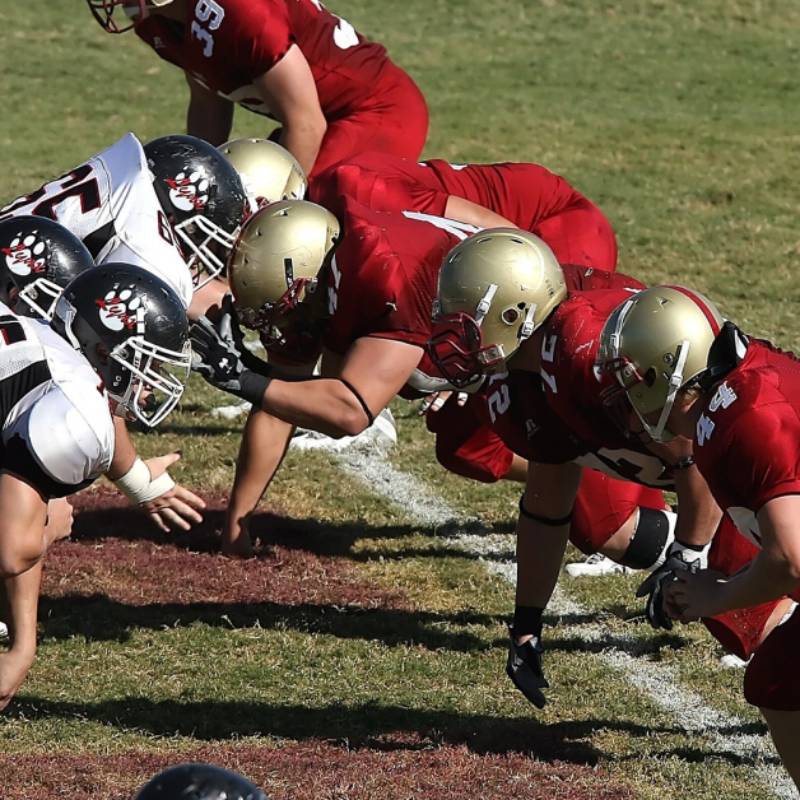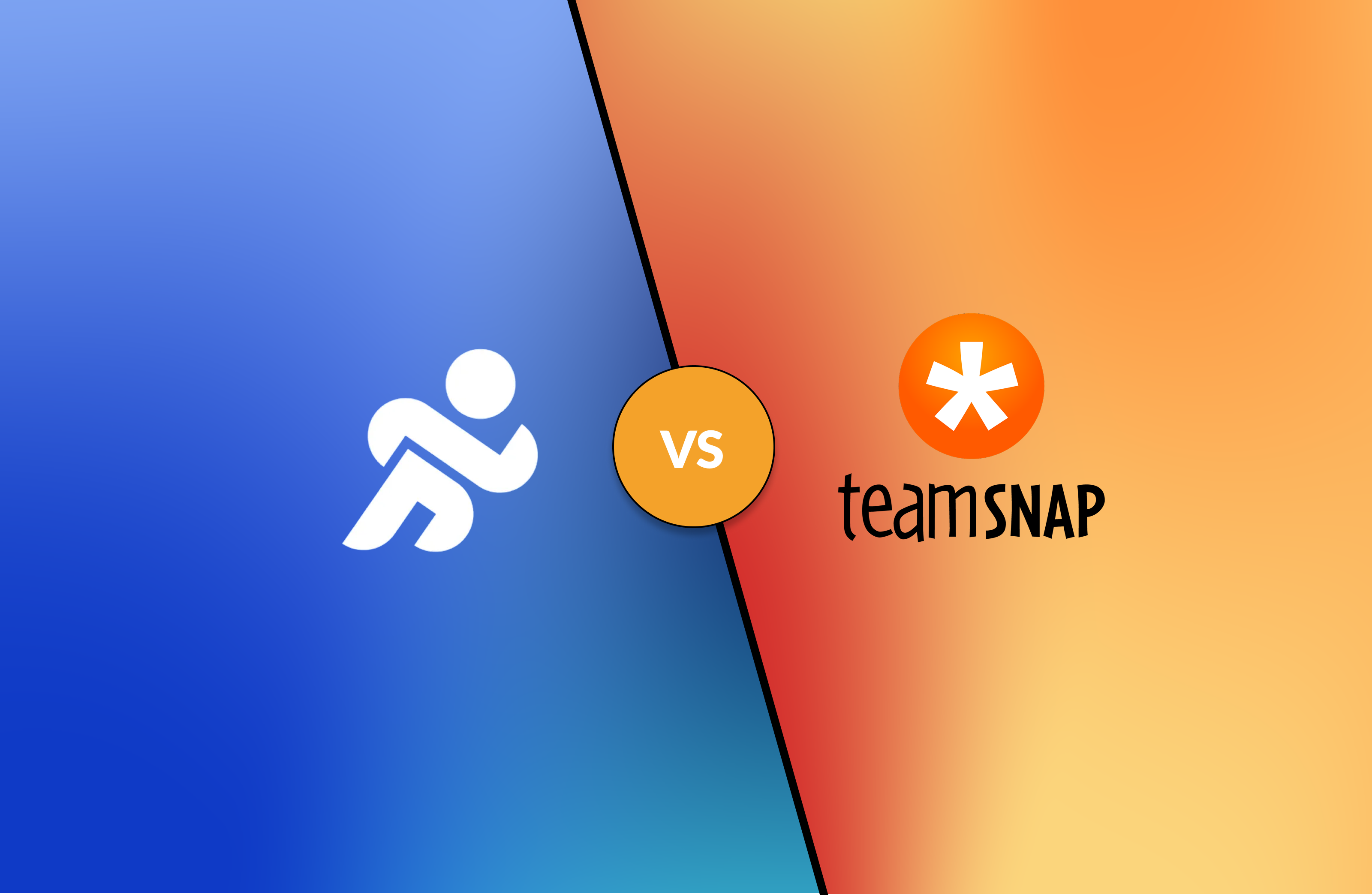4 tips for managing conflicts between your players

As a coach, you’ve probably already had to deal with conflicts between your players. Resolving these disputes is no picnic, but it’s essential if you want to keep your team together. Conflict management is one of the most useful skills a coach can have.
But you may not know how to deal with them. That’s why we’ve put together a list of the most important points to bear in mind when dealing with disputes between your players.
What you need to put into practice
Recognizing conflict early
It’s not always easy to recognize the warning signs before a conflict breaks out. However, by paying close attention to your players’ non-verbal gestures, you’ll be able to detect any tensions that may exist between them. A change in behavior can be a good indicator that something is up. For example, eye-rolling, intentional pushing and shoving and inappropriate comments are all signals that there is tension between some of your players.
Understanding the cause of conflict
A conflict situation involves several people and therefore several points of view. So, when trying to understand the cause of the conflict, it’s important to consider both sides of the argument. You can encourage the players to state their positions so that each of them understands how they perceive the situation. Quite often, the cause of a conflict goes much deeper than simple jostling. For example, a player may feel rejected because he or she is benched more often than another player.
Don’t avoid conflict
When a conflict arises, you shouldn’t ignore it. Even if there hasn’t necessarily been a spat, there may be tension between the two parties. So it’s important to address it as soon as possible, before the situation escalates. Often, it’s just a misunderstanding. By addressing the misunderstanding with the players concerned, you can defuse the situation, and thus re-establish a pleasant climate within your team.
Resolving conflicts off the pitch
Conflict management between players should not be carried out on the pitch. Addressing a conflict situation of a personal nature during a game could have an impact on the performance of the rest of your team. For this reason, you should take a moment before or after the game to discuss the situation with the people concerned, away from the others, while respecting the rule of 2. As a coach, you’ll have a much more objective view of the conflict. You can then act as a mediator so that the players can work together calmly and constructively.
Is it possible to prevent conflicts?
While it’s not always possible to prevent conflict, there are a number of ways to raise awareness among your players. This way, they’ll be aware of what they need to do to maintain a pleasant atmosphere for everyone.
Setting clear standards
At the start of the season, it’s a good idea to make it clear to your players what you expect of them, and how you expect them to behave. Student-athletes must show commitment and be serious in their approach. It’s not your role to constantly discipline them, and you need to make that clear to them. In this way, they’ll be more inclined to display a constructive attitude towards their teammates.
Encouraging communication
Conflict is often caused by a lack of communication or misinterpretation. To maintain good relations with others, communication is key. Therefore, you need to encourage your players to communicate with each other so that there are no innuendos. But you also need to maintain a relationship that facilitates communication between you and your players. Maintaining a good coach-player relationship is one of the keys to preventing conflict. It’s essential to maintaining harmony between the members of your team.
Focus your players on a common goal
At the start of the season, encourage your team to set common goals. Having common goals will help your players get over conflicts by reminding them that they need to work with other team members, not against them. Of course, your players won’t always agree, but they need to remember that they’re on the same team and that the group goal must come first.
Karl Demers



